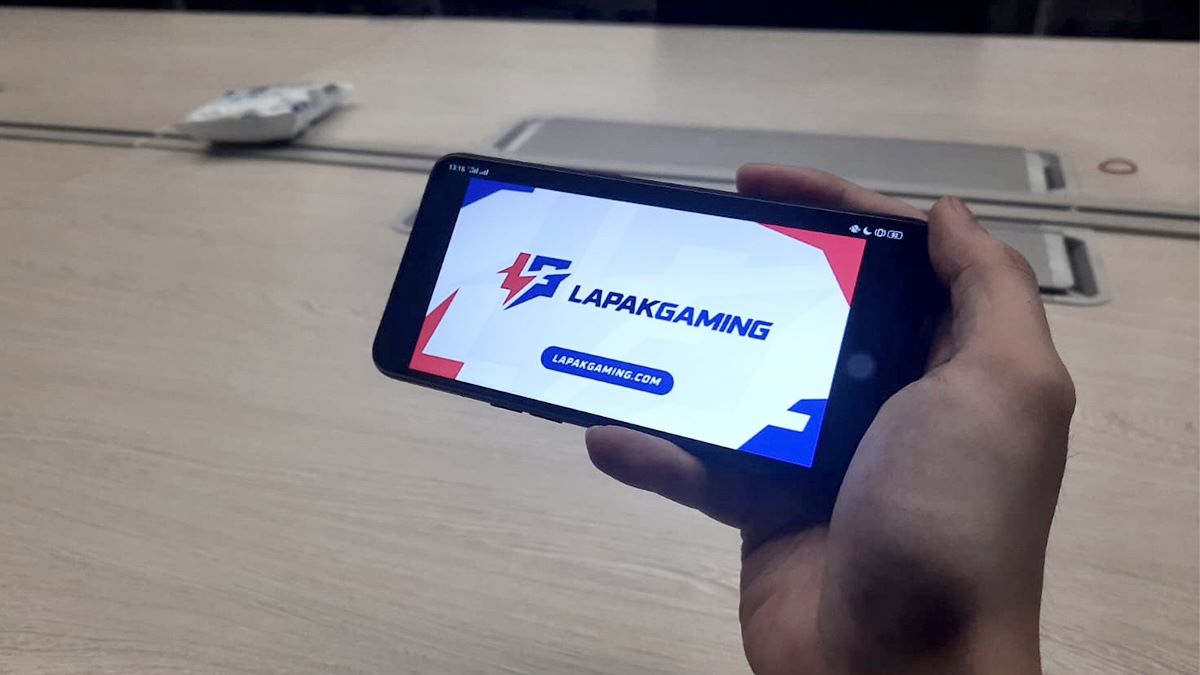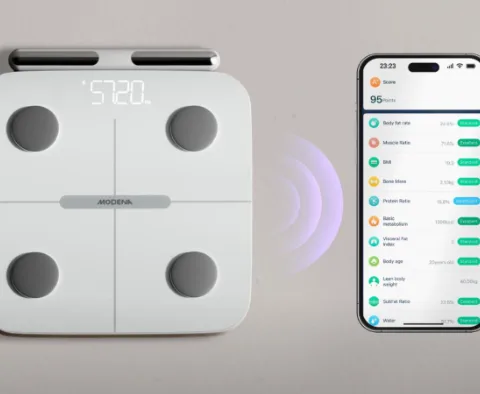
Ever since MatahariMall rocked the market with its Online to Offline (O2O) concept, its adoption has become an interesting debate all over the country. The concept is seen to be highly potential, as it is perceived as one of most plausible alternative solutions to local e-commerce’s logistic issue. However, many also doubt the implementation, given Indonesia’s unique and diverse culture.
Both Bukalapak’s CEO Achmad Zaky and Tokopedia’s COO Leontinus Alpha Edison (Leon) are ones of those doubters, mainly because they have yet found any concrete portfolio that supports the implementation. Zaky even perceives O2O concept as no more than a fancy term in Indonesia. Nonetheless, both also agree that the concept might be what it takes to direct e-commerce industry to a better future.
How startups in Indonesia adopt O2O adoption
Indonesia is actually quite familar to O2O concept, although it’s a new term which refers to the same definition. According to aCommerce’s COO Hadi Kuncoro, O2O covers online services which are comsumed offline. A classic example to this would be daily deals service.
Kuncoro explained O2O concept as the following:
“When talking about O2O in terms of e-commerce (marketplace) or retail, people usually refer to online reservation and redeem it offline, just like an in-store. MatahariMall, one of aCommerce’s clients, put quite a bet on this method because as we know, its offline premise, department store, has covered almost all areas in Indonesia.”
Another segment in Indonesia that applies O2O concept is on-demand transportation (Uber, GrabTaxi, Go-Jek), food and grocery delivery (Foodpanda, Happy Fresh), and accommodation (Airbnb, HotelQuickly). Meanwhile, in logistic segment, O2O manifestation in Indonesia comes in form of smart locker. Startup PopBox, who just sealed a seed funding, is one of pioneers to this.
The future of O2O in Indonesia

At the moment, O2O adoption in Indonesia is still limited, but it’s potential is slowly revealed as e-commerce industry grows. Leon stated that after evaluating the partnership between Tokopedia and Indomaret, he believes that O2O still has huge potential in e-commerce industry.
Kuncoro suggested that omni-channel retailing would be O2O’s future. Customers may order anywhere through any mean (online, mobile, offline, social, etc.) and the products will be delivered via any channel at anytime. This need will definitely emerge, regardless to Indonesia’s diverse culture. He explained:
“Thus, I believe that Indonesia’s diverse culture is not an issue. One thing that will influence this omni-channel adoption is the level of maturity or readiness that e-commerce’s infrastructure and logistic have. Considering that growth of e-commerce growth is a new thing in Indonesia, despite of its vast business growth, Indonesia’s logistic infrastructure still needs heavy repair before being ready to serve the market.”
Therefore, the challenge that gets in the way is how fragmented Indonesian market could be, meaning that there is currently no single dominating power in the market (unlike Alibaba in China).
“When we finally have a platform for omni-channel management which facilitates single inventory in all marketplaces and third party channels, the omni-channel retail adoption can be more expansive in Indonesia,” Kuncoro claimed.
O2O may also grow as an alternative solution to solve the logistic issue that surrounds e-commerce players in Indonesia. Leon said that although the coverage of conventional logistic services has been broader, O2O could potentially be a disruptive service within the segment.
Kuncoro claimed that O2O-based lockers and pick-up points at offline retailers help narrowing the gap of human resources and technology in B2C delivery services. He predicted that Indonesia will soon have a mobile delivery service, considering that it has broad geographical condition which makes customers’ physical address (sometimes) something hard to find.
Indonesian e-commerce and O2O adoption

In the end, sooner or later, e-commerce industry in Indonesia will be directed to O2O and omni-channel trade. At least that’s what Kuncoro believes. MatahariMall has even started practicing the concept. According to him, there are at least three main reasons why this trend will keep on going.
First, as A.T Kearney predicted, is the increasing valuation of e-commerce industry in Indonesia, which could go from $1,3 billion (in 2013) to $30 billion within the coming years. The increase will affect the rise of on-demand services as well, which aligns with the need of better infrastructure, both technical and physical. O2O’s concepts, such as on-demand delivery service, smart lockers, and offline retail in-store pick-up point will surely handle this matter.
Second would be the fragmented e-commerce landscape in Indonesia. It’s an undeniable fact that Indonesian e-commerce industry is still an infant, hence multiple channels of doing trade. According to Kuncoro, omni-channel technology will be crucial during the operation of the complex ecosystem to help merchants encouraging sole inventory and product catalogue to all marketplaces, including offline retail channels.
Third is the presence of “shadow” C2C marketplace on social media like Facebook and instagram. Kuncoro stated that the transaction within those channels will be made easier by O2O services, such as on-demand delivery and smart locker, moreover if the locker is utilized at residential.
Zaky and Leon believe that the future of e-commerce in Indonesia can be in form of O2O trade. Zaky is of the opinion that everything is still possible, depending on the execution.
“Nobody knows. I once believed that Go-Jek’s concept would not run well in Indonesia, but today I know that I’m totally wrong. Anything can happen in this country, as long as it’s serious and innovative,” he ended.
Translated by Rifki Aria Nugraha










